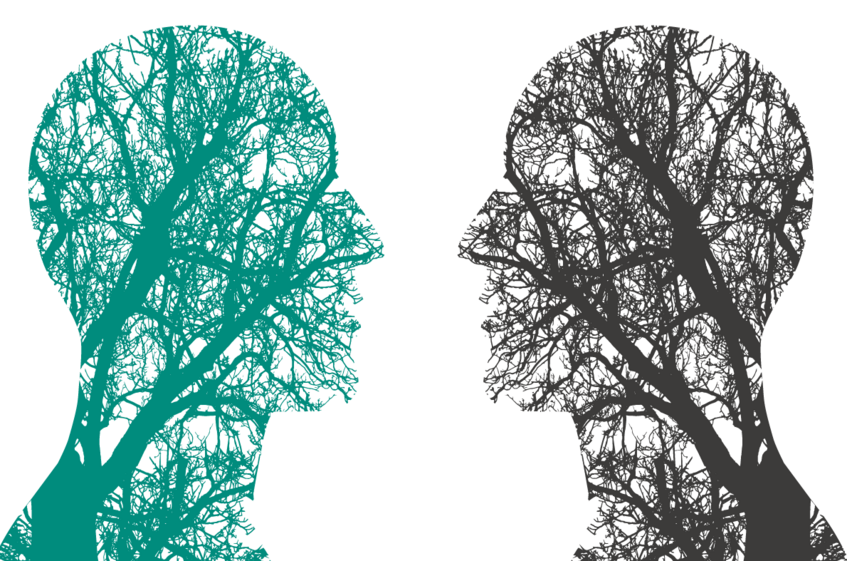Linguistics (Bachelor)

The bachelor’s programme in Linguistics provides a comprehensive introduction to the different areas of linguistics. Linguistics researches language as a complex, rule-based system on different inter-connected levels – sound, word, sentences, text/conversation, discourse – but also as a cognitive competence, semiotic system, historically evolved and constantly changing concept, cultural institution as well as a social and socially relevant practice.
Bachelor of Arts
Degree Programme Code: 033 667
6 semesters / 180 ECTS credits (including 60 ECTS credits of extension curricula)
Language: German
NO entrance examination
Facts & Figures
- Students: n.a.
- Graduates in the last academic year: n.a.
- Number of semesters needed for graduation (median): n.a.
Data updated on: 03.12.2024
Attention
Instruction Language German
Please note that the instruction language of this programme is German. To start the degree programme, you need to hold a certificate of German proficiency on C1 level.
Study Programme
The bachelor’s programme in Linguistics consists of an Introductory and Orientation Period (STEOP), providing an introduction to general and applied linguistics, as well as an introduction to phonetics and phonology. Following the STEOP, students complete compulsory modules on different areas of linguistic research and an alternative compulsory module which they can select from the three areas Applied Linguistics, Psycholinguistics and Speech-Language Pathology and Theoretical Linguistics. To successfully complete the programme, students have to write two bachelor’s theses.
Five Concepts
which you will deal with during your studies:
- Grammatical theory
- Discourse analysis
- Research on language learning and language teaching
- Indo-European linguistics
- Psycholinguistics
... and many more.
Overview of the programme structure & topics
Here you find the current offer of courses for this programme to gain better insight into the topics and structure. For more information please click on the respective level.
After Graduation
Graduates are qualified to pursue a career in the following occupational fields:
- clinical field, working with children with abnormal language development and with adults with speech disorders
- conversation and communication counselling
- publishing and libraries
- public educational and cultural institutions
- linguistic research.
Graduates' Perspective on the Degree Programme
Graduates ...
- say that this degree programme receives the grade: 2.4 (good)
- rate the level of difficulty as: 3,1 (appropriate)
→ These results are basd on feedback from 61 graduates.
*You can find further assessments of the degree programme from its graduates’ perspective in the graduate survey of the bachelor’s programme in Linguistics graduation survey (in German).
Graduates ...
- find employment immediately after graduation on average.
*You can find further information on career entry and career paths in the tracking of graduates "BA Linguistics".

